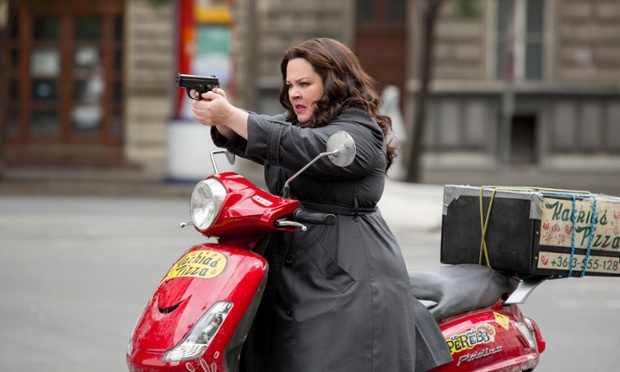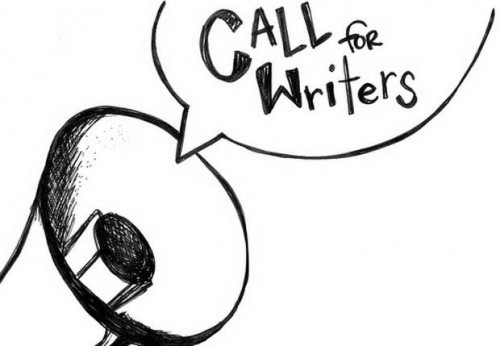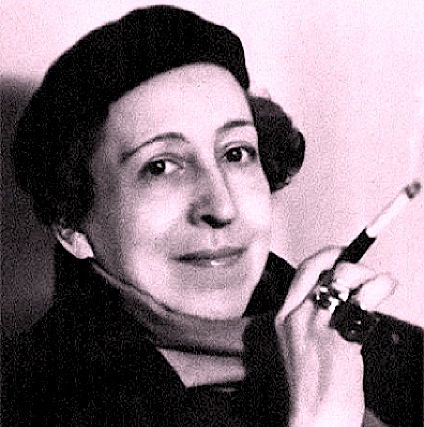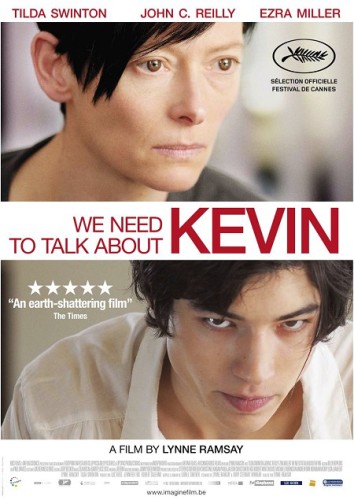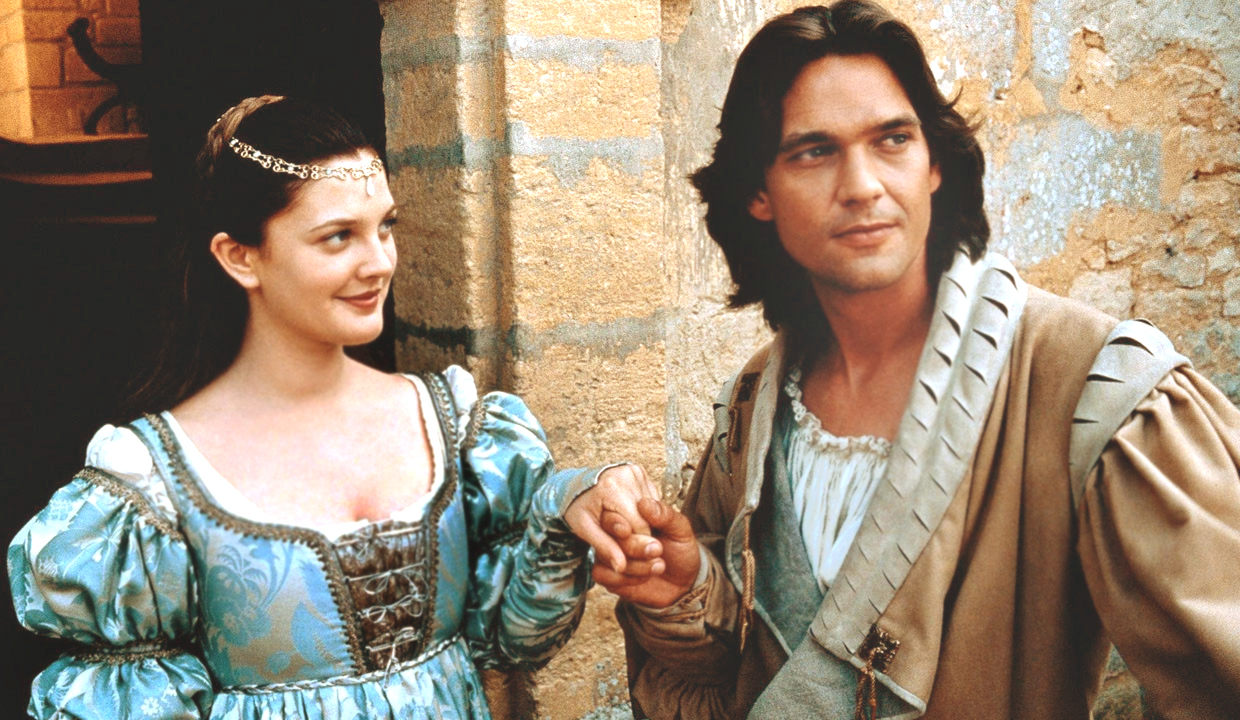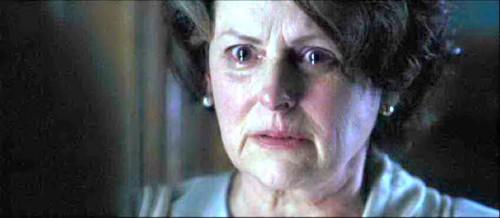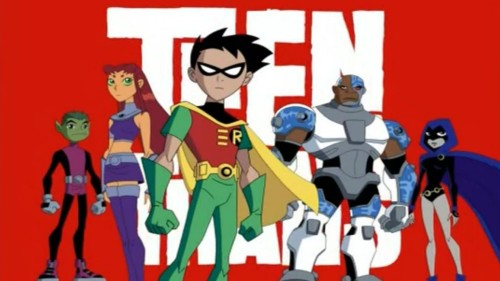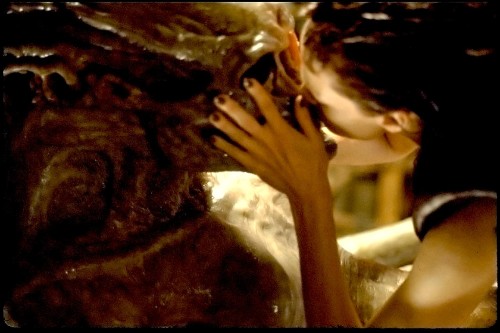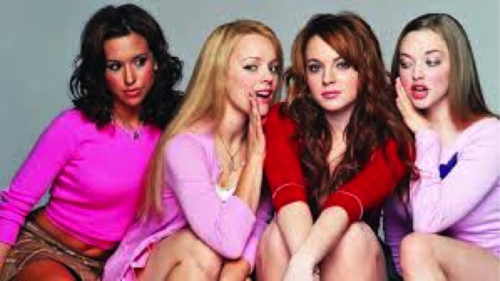‘Spy’: Truly Funny and Truly Feminist
The melding of feminism and marketing means that certain crappy, mainstream films try to convince us our duty is to shell out money for them just because they’re directed by women, written by women or star women. This marketing, of course, is the best way to kill movies directed by, written by or starring women once and for all, by force- feeding us films that are supposed to be “good” for women but which give us no pleasure when pleasure, or something like it, is why we go to movies in the first place.
